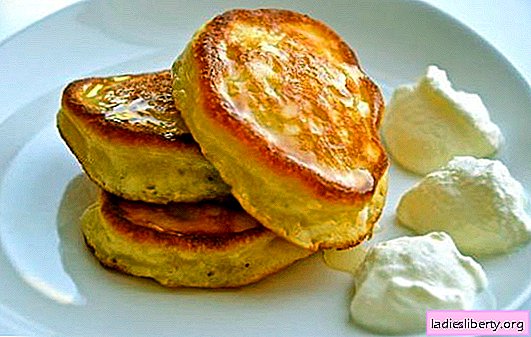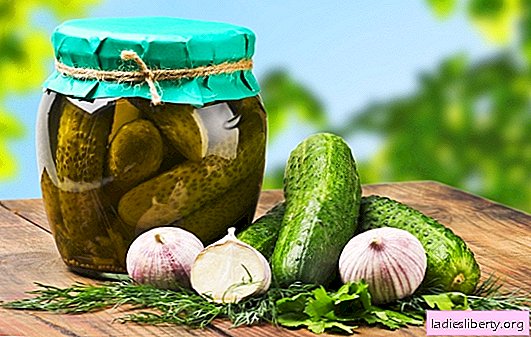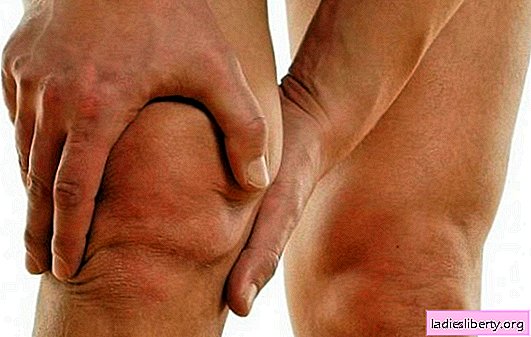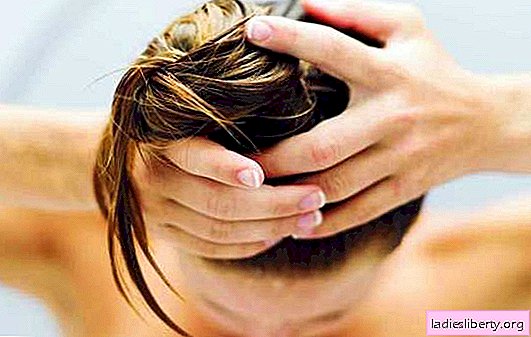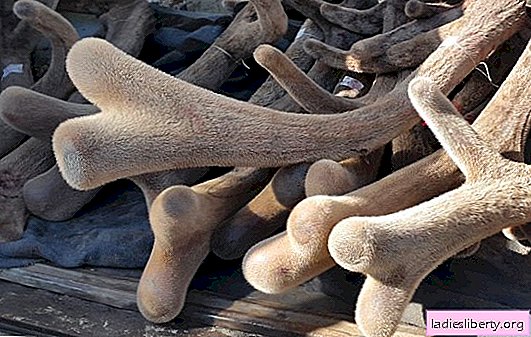
Antlers of deer are the horns of deer, which have a tubular structure and are used in traditional Chinese medicine for the treatment of asthenia, osteoporosis and arterial hypotension.
The world's largest producer of horns is New Zealand. It produces about 450-500 tons of products per year. China produces about 400 tons per year, and Russia - 80 tons.
According to Western medicine, deer horns help increase muscle strength, cognitive function, improve wound healing and systemic metabolism. High doses cause arterial hypotension, increase heart contractions, tachycardia, muscle twitching, cramps or thrombosis.
The chemical composition of the horn includes calcium carbonate, calcium phosphates, colloids, testosterone, pentoxins and amino acids (more than 17 species).
According to Vietnamese traditional medicine, horns have a positive effect on bone marrow and blood.
Oriental medicine of China and Japan used horns as tonic, anticonvulsant, anti-carcinogenic and anti-inflammatory drugs.
In Asia, the horn is dried and sold in the form of a powder that can be boiled in water, usually with other herbs and ingredients, or taken as a medicinal soup. In the traditional commercial trade of Korea and China, the horns are divided into three sections based on their intended properties.
Despite the lack of uniform standardization, these sections are known as a part of wax (apex), blood (middle) and a piece of bone: a waxy piece is sold as a tonic for children, a blood piece for the health of joints and bones, and bone for a deficiency of calcium and geriatric needs.
Early commercial activity in Russia between the 1930s and 1980s. led to the production of alcoholic extract from antler, sold under the trade name Pantorin (also pantocrine).
In Western countries, horns are dried and consumed in capsule form or as an aqueous alcoholic extract. A review published in 2012 summarized the results of clinical trials, including those on sports activities: "claims that supplements have positive effects for any human condition are not currently supported by reliable clinical data from human trials."
Japanese clinical studies in 2015 revealed a weak osteogenic effect of deer antler extracts. The healing properties of the deer antler are partially confirmed for limited indications.
Injury recovery
Doctor's comment:Athletes use deer antlers to recover from injuries and increase performance. In mid-2011, a National Football League (NFL) player successfully sued the manufacturer of deer antler sprays due to a positive test for methyltestosterone in 2009.
In August 2011, Major League Baseball (HLB) added sprays to the banned foods list because they contain “potentially dangerous nutritional supplements.”
On January 30, 2013, a professional golfer PijTourVijaySingh was caught and openly confessed to the personal use of a deer antler aerosol, which at that time contained a prohibited substance.
The opinion of leading endocrinologists regarding any alleged claims and advantages is that even in the purest forms of the spray contains too little substance to have any effect on the body.
Spray or extract does not improve athletic performance.
Fatigue reduction
Doctor's comment: 14 clinical trials studying the effectiveness of deer horns did not reveal any positive effect. Scientists have concluded that an extract, ointment, or spray does not have a statistically significant effect on human health and does not reduce fatigue.
Digestive disorders
Doctor's comment:water extract can cause gastrointestinal upsets - diarrhea, flatulence, abdominal pain. In high doses, gastric bleeding may occur, which, according to limited clinical data, can lead to the death of the patient. Due to potential health hazards and insufficiently studied health effects, deer antlers are not allowed to be used in medical practice. Patients with dyspepsia are advised to refrain from unverified folk remedies.
Bone strengthening
Doctor's comment: The main proven indication for the consumption of deer antlers is osteoporosis. Japanese studies have examined the effectiveness of deer antlers in treating osteoporosis. The osteogenic activity of invitro was investigated using MG-63 osteoblastic cells. The anabolic effect on bones was further confirmed by the invitro study. Antlers of deer increased proliferation, differentiation and mineralization of bones.
However, Japanese studies have some limitations. In the invivo study, only one dose of deer antlers was used. The dose in traditional medicine is usually 1 g / day and is taken immediately. The dose of 100 mg / kg / day given to experimental rats in this study was equivalent to the traditional dosing schedule in humans.
Research results show that antlers promote longitudinal bone growth in rats by stimulating MG-63 cells. The study provides compelling evidence of the effectiveness of extracts in enhancing longitudinal bone growth.
However, further studies are needed to elucidate the bioactive chemical components associated with therapeutic effects.
The effectiveness has been proven, but the side effects are much stronger than when using other drugs (alendronic acid, for example).
Food additives companies with deer antlers have received warning letters from the US Food and Drug Administration (FDA).
Claims were based on a violation of the U.S. Food, Drug, and Cosmetic Act.
It is forbidden to sell a food product as a medicine intended for the treatment or prevention of diseases.
ATTENTION!
Antlers do not have clinically proven efficacy in most cases. In addition, the FDA has stated that deer antlers are not safe for health and may cause cardiovascular disease.
As of 2018, it is illegal to sell powder, extract, or velvet horn spray in the U.S. as a dietary supplement. This product has not been rated by the FDA. It is not intended to diagnose, treat, cure or prevent any disease.
Patients with elevated body temperature or renal failure should abandon the folk remedy.
The main contraindication for deer antlers is cardiovascular disease in a decompensated stage.
Water extract
Doctor's comment: oral administration of deer antlers can cause dyspepsia, sleep disturbances, impaired coordination, and damage to the pancreas. Cases of damage to the liver, stomach and colon were recorded.
There is no information on the pharmacokinetics of drugs based on deer horns, therefore, interaction with other drugs cannot be reliably excluded.
Self-administration of water extracts is strictly prohibited without consulting a physician.
Outdoor application
Doctor's comment:In the invitro studies, no clinically significant anti-inflammatory, disinfecting or antibacterial effects were detected.
Application for acne or other skin diseases will not bring any benefit.
Antler deer should not be used without direct medical advice, as potential side effects outweigh the health benefits. The effectiveness of deer horns has been proven only for the treatment of osteoporosis.
Other testimonies are based on unverified folk experiences and speculations of people. Self-medication based on deer horns should not be.


